"A fool with a tool is still a fool", an American saying that for me in the context of a modern workplace and digitization means that the mere provision of new tools can hardly add any value to a company today. The days are gone where every invested Swiss franc or Euro in an IT Software immediately increased the productivity. Even worse: If the modern "knowledge worker" is not exemplified and taught a modern way of working, there are hardly any measurable benefits to be gained. Which manager really checks how much time an employee spends searching for information? One can handle one's own email communication efficiently or inefficiently; this is hardly noticeable in an open-space office. Since a colleague of mine taught me the simple but effective rules of inbox management, it has been empty most of the time. And since most of our employees consistently adhere to the company policy of using the right communication channel for the right information, the number of emails in my inbox is decreasing even more. It's pretty cool, but what's important is that we've changed our processes so that we can make an effective change. Otherwise, the familiar formula threatens: Old processes + new technologies = expensive old processes.
Creating user experiences
The key is to get all the employees, including the management, to change the way they work. So we are talking about change management. To come back to the example from above, who wouldn't want fewer emails? This is the main part of the work of my consultants and myself at MondayCoffee. There are countless "frameworks" on change management from famous people with important titles, but I don't want to go into that here. The intention of this short article is to shed light on two important aspects that in the heat of the moment, for example in a technical organized implementation, are sometimes simply forgotten.
Firstly, my personal recipe for success: Experience + satisfaction + use = change of the working methods, which brings real business benefits. What does that mean? A great user experience encourages others in the company to simply try it out. MondayCoffee's consultants and I strive to reduce the complexity of the tool landscape for the customer with the help of simple and understandable instructions. With this simplicity a positive user experience is more likely created. And with a positive experience the users are more satisfied which makes them not only use the solution more but also makes them experiment with it, try new things and share their experiences with others. The third summand from my personal recipe is about user statistics: they provide valuable information on where and how users are working with the new possibilities the solution brings. This can result, for example, in best practice teams or even entire departments that can serve others as good examples but can also point out areas that require more attention. For these areas, improvements must be made through employee and supervisor training, power users, accompanying communication measures and much more.
As already mentioned, superiors have an important role to play, especially middle management. They are the most important ambassadors and "role models" if they are convinced themselves.
Communicating the added value for the individual
Secondly, important questions of individuals that are affected by the change are often forgotten. These questions are, for example: "What is in it for me if I change? "or "Who is asking me for this change? "or "How will I be rewarded if I change? ». These are key questions that MondayCoffee Consultants focus on when working with you, because success and long-term benefits depend on good answers and above all on the actions you take in response to these questions.
With this in mind, I hope that with the implementation of new tools the focus on the users and their questions, concerns and wishes will increase.
Patrick Fischer is Director Consulting at MondayCoffee AG


